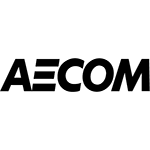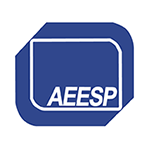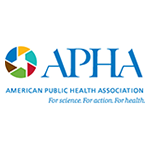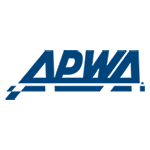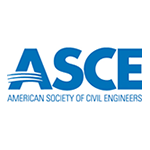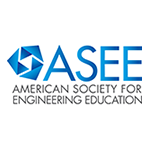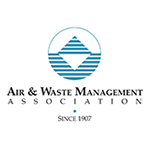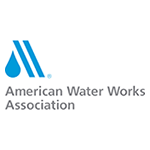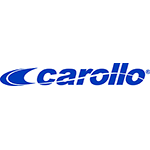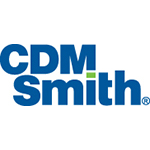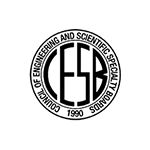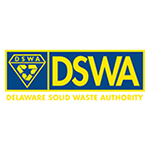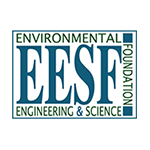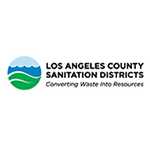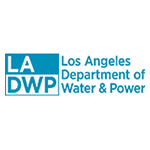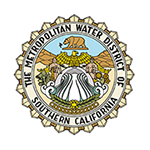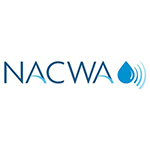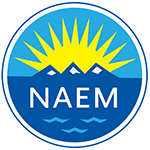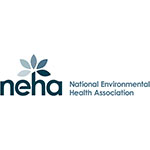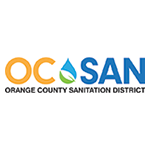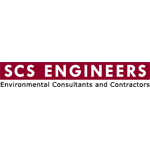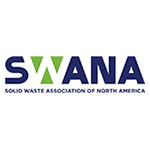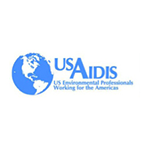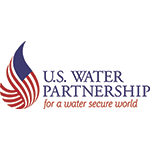- Home
- Contact Us
- News & Events
- Awards
- AAEES Awards Criteria
- 40 Under 40 Recognition Program
- Edward J.Cleary Award
- Excellence in Environmental Engineering and Science Education
- Gordon Maskew Fair Award
- Honorary Member
- International Honorary Member
- Ralph and Joe Bales Graber Science Award
- Stanley E. Kappe Award
- Environmental Communications Awards Competition
- Excellence in Environmental Engineering and Science Competition
- The AAEES Chapter Blue Marble Award
- Resources
- AAEES Microcredentials
- AAEES Press Releases
- AAEES Website How To VIdeos
- Environmental Engineer and Scientist
- Environmental Engineering Body of Knowledge
- PFAS Resources
- Specialty Examination Guide
- Students and Young Professionals Resources
- Who's Who in Environmental Engineering & Science®
- Leadership Opportunities
- Membership
- Donate
- Jobs
American Academy of Environmental Engineers and Scientists
|
Why Is It So Hard To Protect the Environment? A Long-View Approach in a Short-Sighted Era
Wednesday, December 10, 2025, 1:00 PM - 2:30 PM EST
Category: AAEES Webinar Series
Why Is It So Hard To Protect the Environment?*
|
||||||||||||||
Webinar Info |
|
|
Date: |
Wednesday, December 10, 2025 |
|
Time: |
1:00 PM Eastern | 10:00 am Pacific |
|
Duration: |
1 hour and 30 minutes (approximate) |
|
Registration Fees: |
FREE for All AAEES Board Certified Individuals, AAEES Members, and Student Members | $40 for non-members |
Webinar Speaker |
|
|
Senior Lecturer, Department of Environmental Engineering & Earth Sciences, Clemson University (retired) |
*Short Answer: (a) evolving science and technology, a moving target; (b) the laws under political pressure, also a moving target; and (c) shifting economic and ethical positions in regulated industries, including fraud and environmental crimes.
Webinar Summary
Environmental protection has a place in U.S. public policy, from the earliest beginnings. I will highlight milestone events, from nineteenth-century set-asides of lands for "wilderness" value through twentieth-century development of natural resources and pollution management to today's politically fraught policy reversals playing out in the administrative and judicial branches of the federal government.
I'll cover analytical frameworks for policy discussions from science, economics, and the political will to make laws that set the government in motion to implement policy choices. Starting with a look at sources of environmental law from all three branches of government, I'll focus specifically on administrative law and "the Administrative State," currently under attack at the highest levels of each branch.
Finally, I will provide suggestions for reliable sources of news and information and how to keep current. I see some hopeful developments toward science-based public policy.
Webinar Speaker Profile
I have taught environmental science and policy classes as the Law and Policy person in Clemson's Department of Environmental Engineering and Earth Sciences since 1999. I retired as a Senior Lecturer in the summer of 2025.
My undergraduate course, Studies in Environmental Science, Law, and Policy, was modeled after the interdisciplinary curriculum at The University of Michigan and was offered to students majoring in a variety of subjects across the curriculum. I continue to mentor undergraduates going into graduate studies, law school, and government and private-sector jobs.
My first academic love was "The Classics," that is, ancient Greek and Roman languages and literature. My undergraduate degree is an A.B., cum laude, in Classics, from Harvard University. With an ABD in Classics (1970) and a J.D. from The University of Michigan (1984), I have taught law-related courses at Clemson University for many years. Environmental Science, Law, and Policy became my top priority when I discovered the legendary Professor Joe Sax's environmental law courses at The University of Michigan Law School in the 1980s.
I spent four productive years in practice as a staff attorney with U.S. EPA, Region II (New York City) Office, in the Wasteand Toxic Substances division of the Office of Regional Counsel. I handled CERCLA, RCRA, and TSCA matters, from 1984 to 1988, during the Reagan Administration. My commitment to a professional focus on the environment comes from that experience.
After my EPA years, and after eighteen months in a mid-town Manhattan law firm, I knew that large-law-firm practice was not for me. I had to get out of New York. Family brought me to South Carolina. I had not intended to settle in the Deep South, but that's what I did.
My first teaching appointment was as a Lecturer in Clemson's business school. For some years in the early 1990s, I taught an environmental law seminar at the University of South Carolina Law School, commuting once a week from Clemson. I joined the EEES faculty in 1999. For some years, I also taught Latin at Clemson and at the Clemson Montessori School. I have not practiced law in South Carolina.
Since 1993, and until January 2020, I served as a member of the SC DHEC “SUPERB” Advisory Committee. That's the Leaking Underground Storage Tanks program. I was able to support a government program with my expertise through participation as a member of the Advisory Committee (14 stakeholder members, I represented the Sierra Club).
I have lived in Pendleton, South Carolina, for many years, and enjoy gardening and exploring the beautiful countryside here in the Foothills of the Blue Ridge Mountains.
Webinar Format
This webinar will include a moderated Q and A session following the speaker’s presentation. The session is open to environmental engineering and science professionals across all sectors and career stages. Our objective is to offer special insights on leading edge solutions for graduate and undergraduate students as well as early to mid-career environmental professionals who are considering specialty certification.
AAEES Board Certified Individuals: Attend this event and earn 1.5 PDHs towards your PDH requirements for maintaining your specialty certification.

 Prev Month
Prev Month View Month
View Month Search
Search Go to Month
Go to Month Next Month
Next Month
 Export Event
Export Event 
